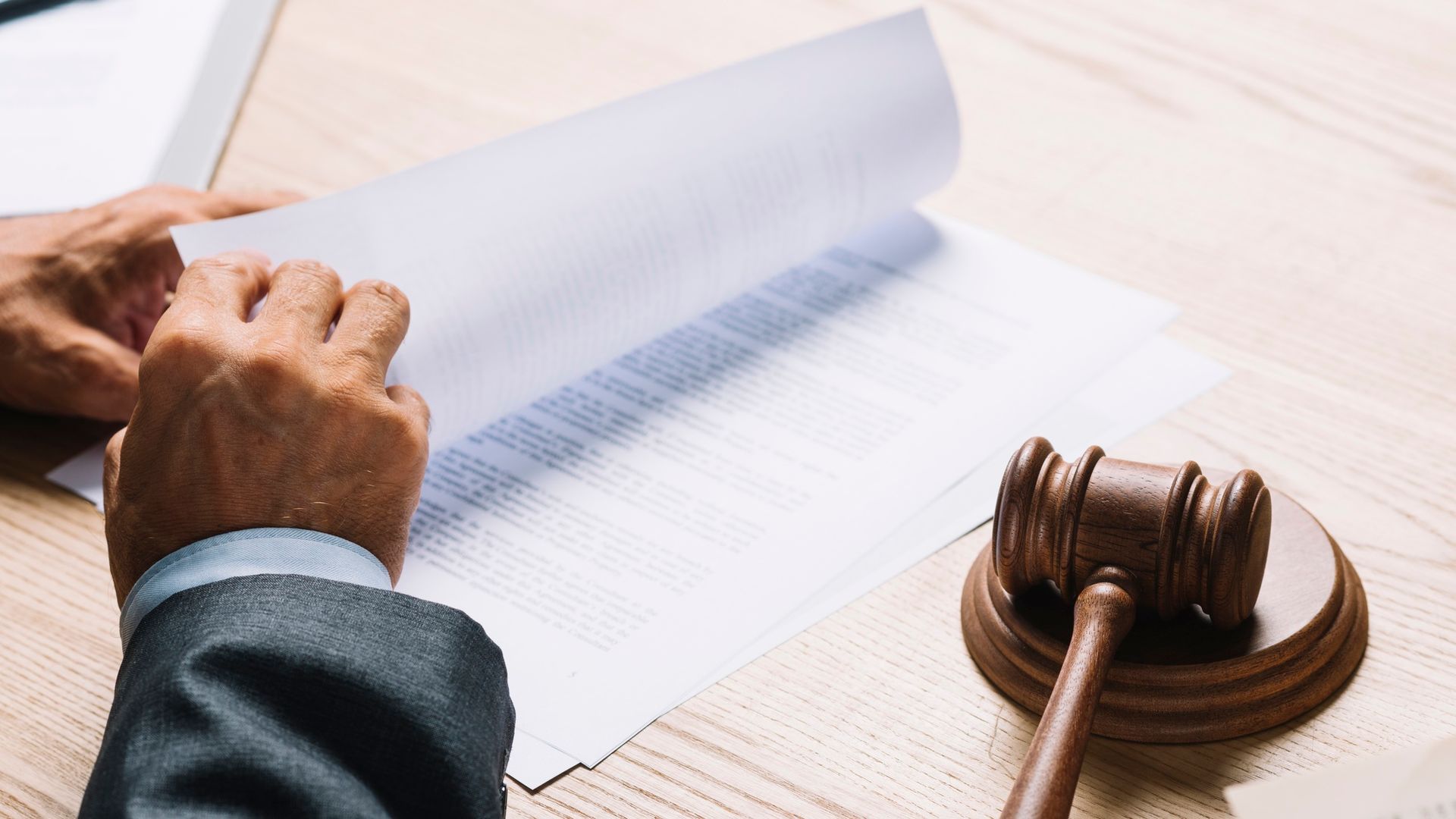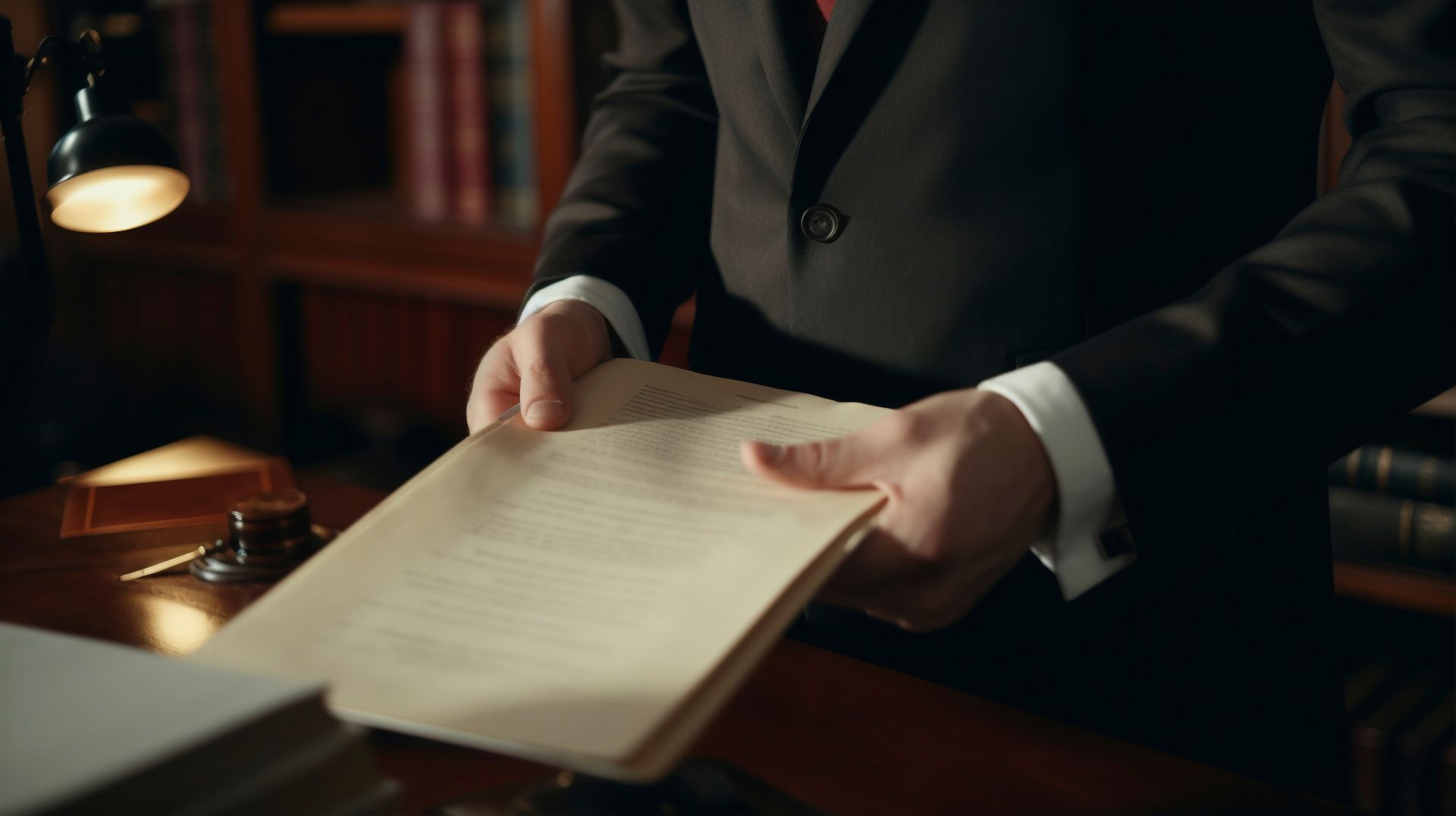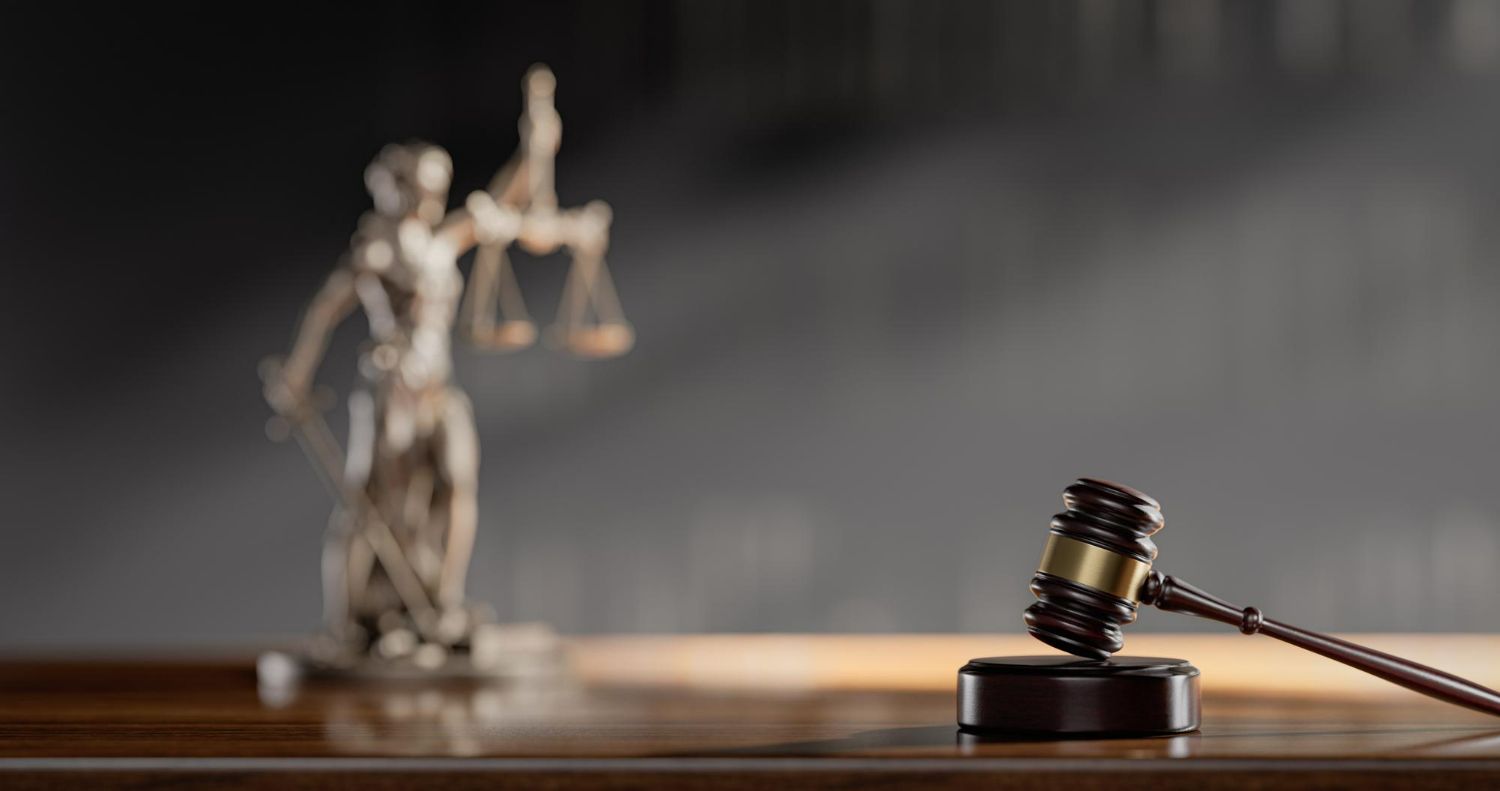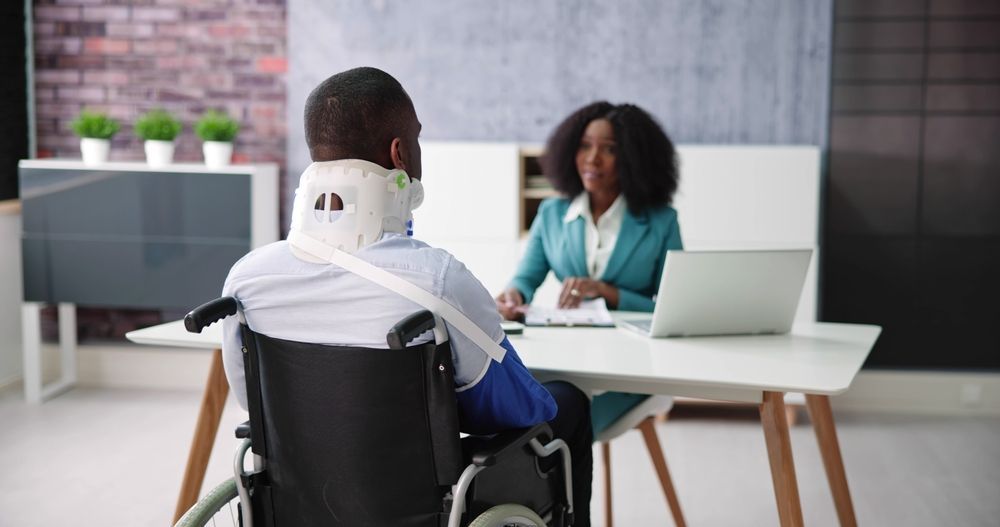What to Do After A Car Accident: Tips from a Personal Injury Lawyer
Car accidents can be a traumatic and overwhelming experience, even for the most experienced driver. After a car accident, it can be challenging to know what to do next. However, the steps you take immediately after a car accident can significantly impact any future legal action or insurance claims you may make. In this blog, we will provide you with some crucial tips on what to do after a car accident in Alberta, Canada, to help protect your rights and get the compensation you deserve.
Check for Injuries and Call for Help
The first and most crucial step after a car accident is to check if anyone has been injured and call for medical help if necessary. Even if you think you're fine, it's essential to get checked out by a medical professional. It's also crucial to call the police if their presence is required at the scene and if not to attend to a collision reporting centre. This report will be important if you need to file a claim with your insurance company or if you decide to pursue legal action.
Document the Scene
While waiting for the police to arrive or before leaving the scene for a collision reporting centre, document the scene as much as possible. Take pictures of the damage to your vehicle and any other vehicles involved, the location of the accident, and any skid marks or other evidence that may be relevant. It's also a good idea to write down the names and contact information of any witnesses.
Exchange Information
Exchange information with the other driver involved in the accident. This includes their name, address, phone number, driver's license number, license plate number, insurance information, and the make and model of their vehicle. Be sure to provide them with the same information as well.
Notify Your Insurance Company
Contact your insurance company as soon as possible to report the accident. They will guide you through the claims process and provide you with the necessary forms to fill out. Remember, it's crucial to provide accurate and truthful information when filing a claim.
Consult with a Personal Injury Lawyer
If you have suffered significant injuries, it's essential to speak with a personal injury lawyer as soon as possible. A personal injury lawyer can help you understand your legal options and guide you through the claims process. They can also represent you in court if necessary. Even if you are not injured, consulting with a personal injury lawyer can help you understand your rights and ensure that you receive fair compensation.
Keep Records
Keep track of all documents related to the accident, including medical bills, car repair bills, and any other expenses related to the accident. This will help you determine the amount of compensation you are entitled to receive.
Do Not Admit Fault
Even if you believe you were at fault for the accident, do not admit fault. Admitting fault can be used against you in legal proceedings or when filing a claim with your insurance company. Instead, let the police and your insurance company determine who was at fault based on the evidence gathered.
Contact Sinclair Law Office Today
If you have been involved in a car accident in Alberta, Canada, contact Sinclair Law Office today. Our team of experienced personal injury lawyers will help you understand your legal options and ensure that your rights are protected. We have a proven track record of success in handling car accident cases and will fight to get you the compensation you deserve. Contact us today to schedule a consultation.










